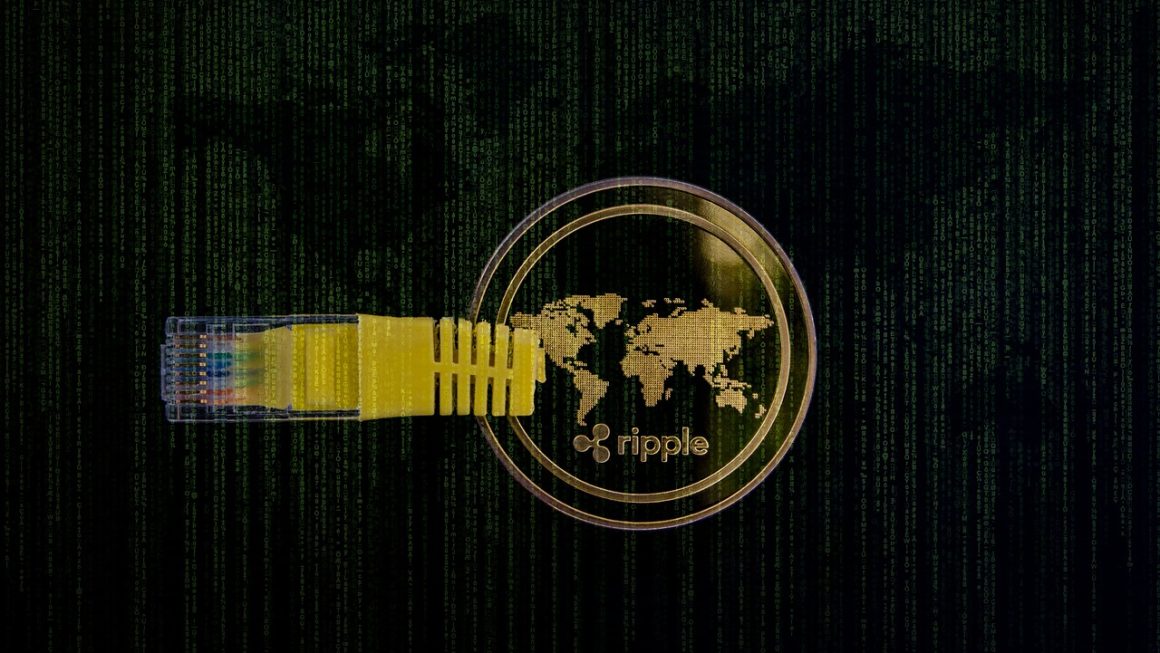Introduction
Blockchain mining plays a crucial role in the functioning and security of blockchain-based networks. It involves the utilization of computational power to validate transactions, create new blocks, and maintain the integrity of the blockchain. In this blog post, we will explore the intricacies of blockchain mining, its various types, benefits, challenges, and the future of this transformative technology.
Mining Process
Transaction Verification
- Miners verify and validate transactions broadcast on the blockchain network.
- They check for the validity of signatures, transaction amounts, and adherence to network rules.
Block Creation
- Verified transactions are grouped into blocks, along with a hash of the previous block.
- Miners add a nonce (random number) to the block and solve a complex computational puzzle.
Proof of Work
- The puzzle involves finding a specific hash that meets the network’s difficulty requirements.
- The first miner to find the solution receives a block reward and the right to add the block to the blockchain.
Types of Mining
Solo Mining
- Individual miners use their own hardware to mine blocks.
- Requires significant computational power and resources.
Pool Mining
- Miners combine their resources in mining pools to increase their chances of finding blocks.
- Rewards are shared among pool members based on their contributions.
Cloud Mining
- Miners rent cloud computing services to access powerful hardware for mining.
- Eliminates the need for expensive hardware investment.
Benefits of Mining
- Network Security: Mining strengthens the blockchain by ensuring that blocks are created legitimately.
- Transaction Validation: Miners play a critical role in verifying transactions and preventing fraudulent activities.
- Reward Incentives: Miners receive rewards for finding blocks, incentivizing them to participate in the network.
- Data Integrity: The blockchain’s immutable nature, coupled with mining efforts, ensures the integrity of the underlying data.
Challenges of Mining
- High Energy Consumption: Mining requires significant computational power, leading to high energy consumption.
- Equipment Costs: Solo mining requires expensive hardware investments, while cloud mining adds subscription costs.
- Mining Difficulty: Over time, the difficulty of mining increases, requiring more computational resources to stay competitive.
- Environmental Concerns: The energy consumption associated with mining has raised environmental concerns.
Future of Mining
- Energy-Efficient Algorithms: Research is ongoing to develop more energy-efficient mining algorithms to reduce the environmental impact.
- Alternative Consensus Mechanisms: Some blockchain networks are exploring alternative consensus mechanisms that do not require computationally intensive mining, such as Proof of Stake.
- Quantum Computing: The advent of quantum computing could potentially disrupt traditional mining methods, necessitating new security measures.
Conclusion
Blockchain mining is a fundamental aspect of blockchain technology, ensuring its security, integrity, and transaction validation. Different mining types cater to various needs and resources, and miners play a crucial role in maintaining the stability of blockchain networks. While challenges exist, such as energy consumption and mining difficulty, innovations are emerging to mitigate these issues. As blockchain technology continues to evolve, the future of mining remains promising, with potential advancements in energy efficiency and alternative consensus mechanisms.



